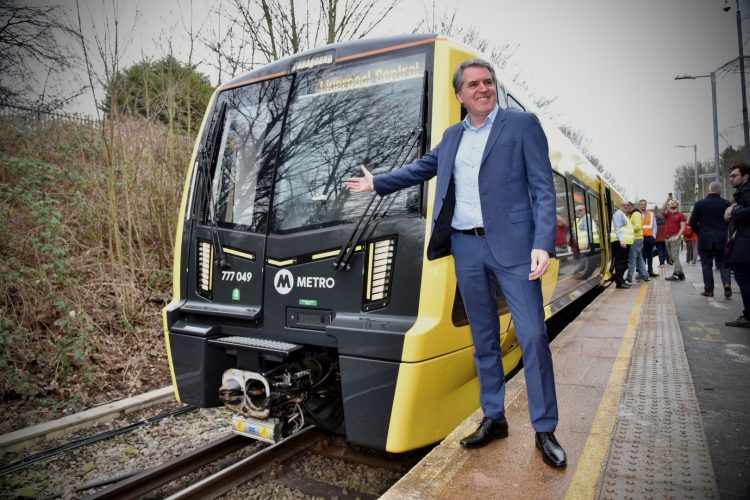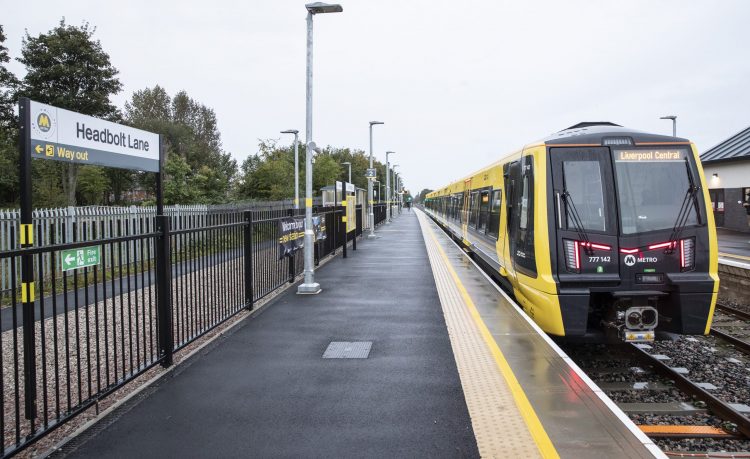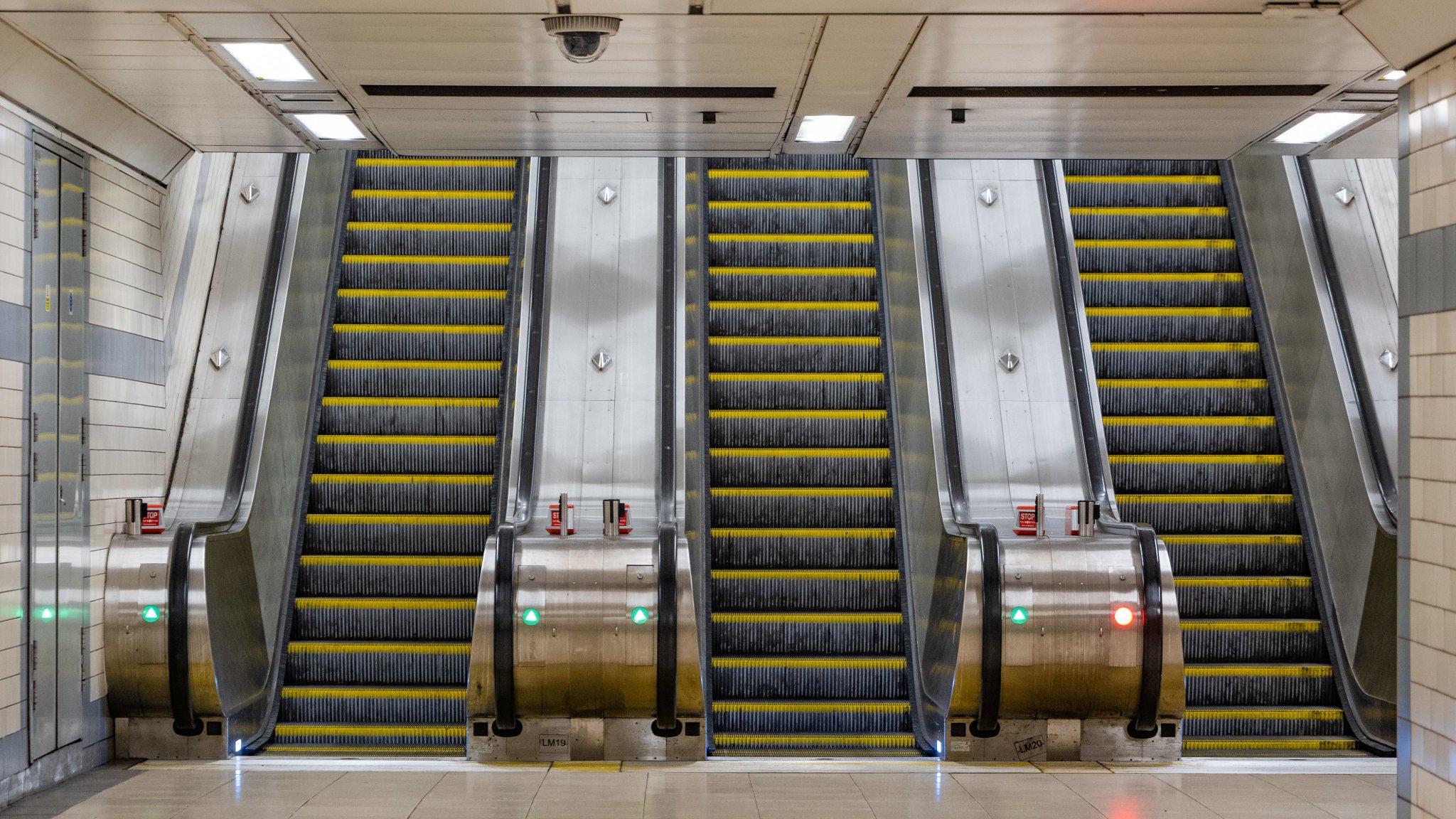In October LBN revealed Merseyrail shareholders were to share a whopping £42m in dividends but with the franchise coming to an end is the gravy train about to terminate? Tony McDonough reports

Fed-up commuters on Merseyrail, dogged by delays and cancellations, will have more than raised an eyebrow at the eye-watering dividends pocketed by its shareholders.
In October, LBN revealed that for the 12 months to January 6, 2024, Merseyrail reported revenues £209.9m – 13% higher than last year. But it was the pre-tax profits and subsequent dividends that most caught the eye.
Published on Companies House the annual accounts revealed record pre-tax profits of £43.9m. This is significantly higher than the £15.1m reported for the previous year.
This year’s profits were boosted by an extra £15m covering previous underpayments under its 25-year contract with Liverpool City Region Combined Authority.
These underpayments were disputed so both sides agreed to independent arbitration and the arbitrator sided with Merseyrail. This led to two payments during the year of £14.3m and £700,000.
Those profits and back pay meant Transport UK, currently the 50:50 joint venture partner of Serco in Merseyrail Electrics 2002, shared dividends of just over £42m.
Its 25-year franchise is set to come to an end in 2028 and, in an interview with LBN, city region Metro Mayor Steve Rotherham said planning for what happens after the end of the franchise has already started.
“Planning has started and we have already started having conversations. We have a difficult decision to make in regards to what happens next,” he said.
“We can stick with the company we have got but we would certainly renegotiate the contract or we can put it out to open tender and see if there are any expressions of interest. There are a number of ways we decide what happens next.”
Although Merseyrail operates as a standalone entity, the network is overseen by the transport authority Merseytravel which, since devolution, has been part of the Liverpool City Region Combined Authority and under Mr Rotheram’s remit.
With the Combined Authority having just invested £500m in a new 52-strong train fleet for the network, Merseyrail is certainly a source of pride for the Mayor. But his lack of operational control over the network is also a source of frustration.
Although not responsible for the day-to-day operations of the trains he will often get it in the neck then things go wrong. Over the past 12 months teething problems on the new Kirkby Line extension to Headbolt Lane have tested commuters’ patience to its limits.
This line extension is not electrified. Instead a number of the new Class 777 units have been fitted with batteries. Initial problems with the tech saw multiple delays and cancellations on the line.
Mr Rotheram secured cash back from train manufacturer Stadler and offered reduced fares and season ticket refunds to commuters on the line.
There have been more recent issues with flooding on the Chester Line causing delays and cancellations. Travellers are also exasperated at the long delays to fixing escalators at the busy James Street and Moorfield stations. A £12.5m upgrade of esclators at four stations is in the pipeline.
And this highlights another complication stifling the Mayor’s ambitions to gain more control over the network which handled more than 28m passenger journeys over the past year.
Track, signalling and stations on Merseyrail is under the control of Network Rail, the Government-owned organisation that oversees the entire UK rail network. Mr Rotheram has held talks with Government about the Combined Authority taking over control of the local network.


So, as we approach 2028, the Mayor would like to have a firmer grip on both day to day Merseyrail services and the infrastructure. And he acknowledged the optics of “massive” dividend payouts going into shareholders’ pockets.
“The main thing is, whatever happens to that system, we want more control,” he said. “Whatever we do it will be on better terms than we have currently got.
“And it will certainly be about how we can extend what we have already got, how we can improve the services that we provide and how we can look at working with Network Rail about the infrastructure.
“That infrastructure lets us down. If it wasn’t for the flood in Hooton or a dog on the track the other day we would be the best performing train operating company in the country. Those things are holding us back.
“So it doesn’t matter who comes in if the infrastructure is creaking, which it is in places. We need Network Rail, which is nationally funded, to be doing more in the Liverpool city region.
“We are looking at taking stations and the land. We have a commercialisation strategy. If we have the stations that means we can put things in them that will generate income and improve them.
“It means the money stays in the system locally. At the moment it will go into the national pot. We want to use that activity to improve services for passengers on the Merseyrail network.”

